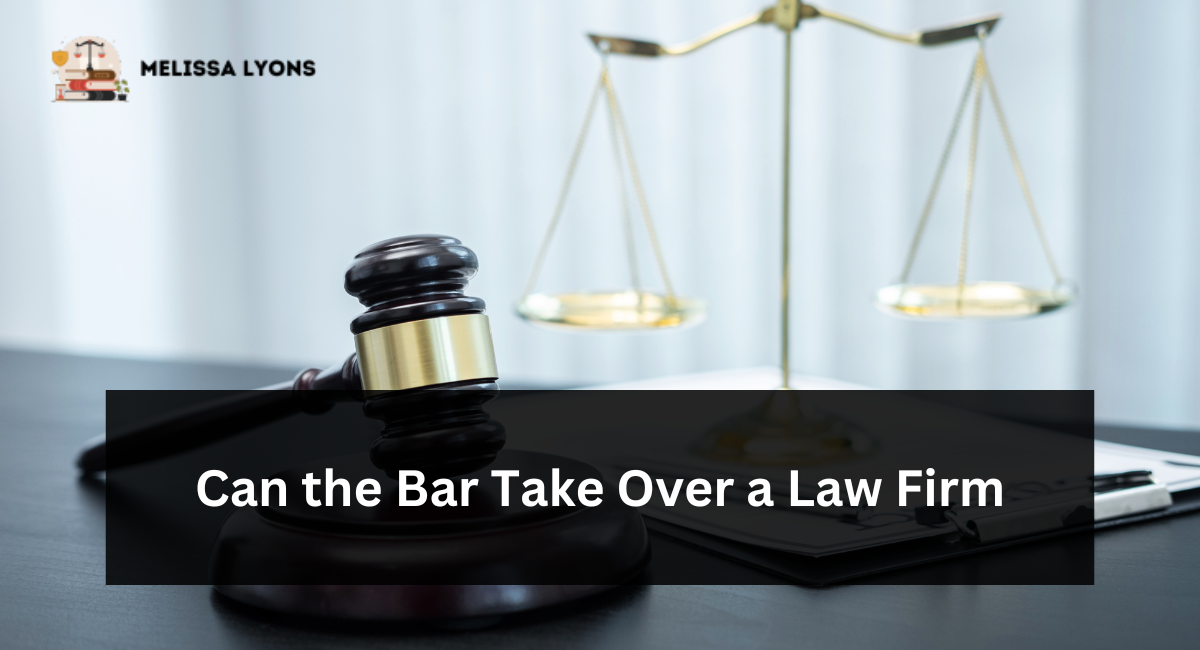Managing partners have substantial decision-making powers at law firms. Associates and recent law school graduates often aim to become partners. Attorneys may receive salary payments or contingency fees for their legal services.
New York courts have struck down contractual provisions that prevent or financially disincentivize lawyers from leaving an old firm to compete directly against it, as such restrictions violate ethical requirements.
Practice takeovers
Be it due to illness, retirement, or the desire to change firms; there may come times when another entity must take over a law practice. When this occurs, the bar often assumes control by filing a petition with the Superior Court, where it is located.
Depending upon your state, additional regulatory requirements may need to be fulfilled when taking over another entity. For example, physician practices offering Medicare or Medicaid services must notify the Centers for Medicare & Medicaid Services of a change of ownership immediately.
Both departing lawyers and firms owe ethical duties to ensure a seamless transfer of client files. This may involve returning files and property, obtaining copies of records from leaving lawyers, providing information regarding existing employment contracts, and informing clients about the takeover in a manner they are comfortable with. It requires careful and detailed planning as it can involve complicated legal issues related to a former partner’s equity stake valuation or capital account valuations.
Mergers and acquisitions
Law firms that want to achieve strategic goals may turn to mergers or acquisitions of other practices rather than simply adding clients and partners. Such transactions must be carefully evaluated and planned to ensure compatibility among the combined firms in terms of people, culture, practice areas, and finances.
Mergers provide firms with an opportunity for competitive expansion that wasn’t previously possible, yet their risks are enormous.
Mergers often involve historic liabilities related to malpractice and regulatory issues. Hence, firms must assess their ability to take on these liabilities before entering a merger agreement with another firm. Otherwise, former clients of the merging firm could sue and prove financially ruinous; to mitigate some of this risk, ensure your firm has sufficient professional indemnity insurance before embarking on this path.
Restructuring
Law firm partners often have an incentive to see their business thrive, so restructuring efforts may meet resistance from partners.
As with many businesses, economic conditions can significantly affect law firm performance. A period of rapid business expansion typically means lots of transactions that need legal advice; conversely, a recession can reduce cyclical work and cause lower profitability.
Regulation changes may also impede law firms’ operations and profitability. For instance, with alternative legal service providers emerging to compete against law firms for clients’ business, pressure is placed upon law firms to reduce fees to stay profitable.
Mergers, acquisitions, and practice area changes can all affect a law firm’s structure. For instance, expanding intellectual property practice to offset declining personal injury matters may require restructuring to accommodate this shift in focus.
Dissolution
Contrary to business corporations, law firms do not fall under the purview of the bar association and, as such, are outside its purview; accordingly, it has no power or right to seize control of them or their partners. Any complaints related to practices and conduct at law firms would need to be handled legally or through regulatory processes rather than through its authority.
As much as people wish for independence or to establish their practice, sometimes merging or acquiring firms makes more sense than starting their solo practice. A merger or acquisition can provide law firms with a strategic boost for future expansion; however, successful completion requires careful planning and consideration to achieve optimal results.
Mergers and acquisitions can help accelerate a firm’s strategic plan or address an immediate need. For instance, firms may need to add litigation capacity in a particular jurisdiction or expand client bases through new areas of law practice. M&A offers an efficient, quick, and cost-effective means of doing this that is better than opening new offices or hiring additional attorneys.
Conclusion:
In conclusion, while it’s uncommon for the bar to directly take over a law firm, regulatory bodies do have the authority to intervene in cases of severe ethical violations, financial misconduct, or other serious breaches. The legal profession is built on principles of ethics and accountability, and when a law firm’s actions compromise these standards, regulatory bodies may step in to protect the interests of clients and the integrity of the legal system.
Understanding the circumstances under which the bar or regulatory authorities may intervene highlights the importance of maintaining ethical standards within the legal profession. Legal practitioners must adhere to codes of conduct and professional responsibility to ensure the trust and confidence of clients and the public. While a bar takeover is a rare occurrence, it serves as a reminder of the profession’s commitment to upholding the highest standards of integrity and accountability.
